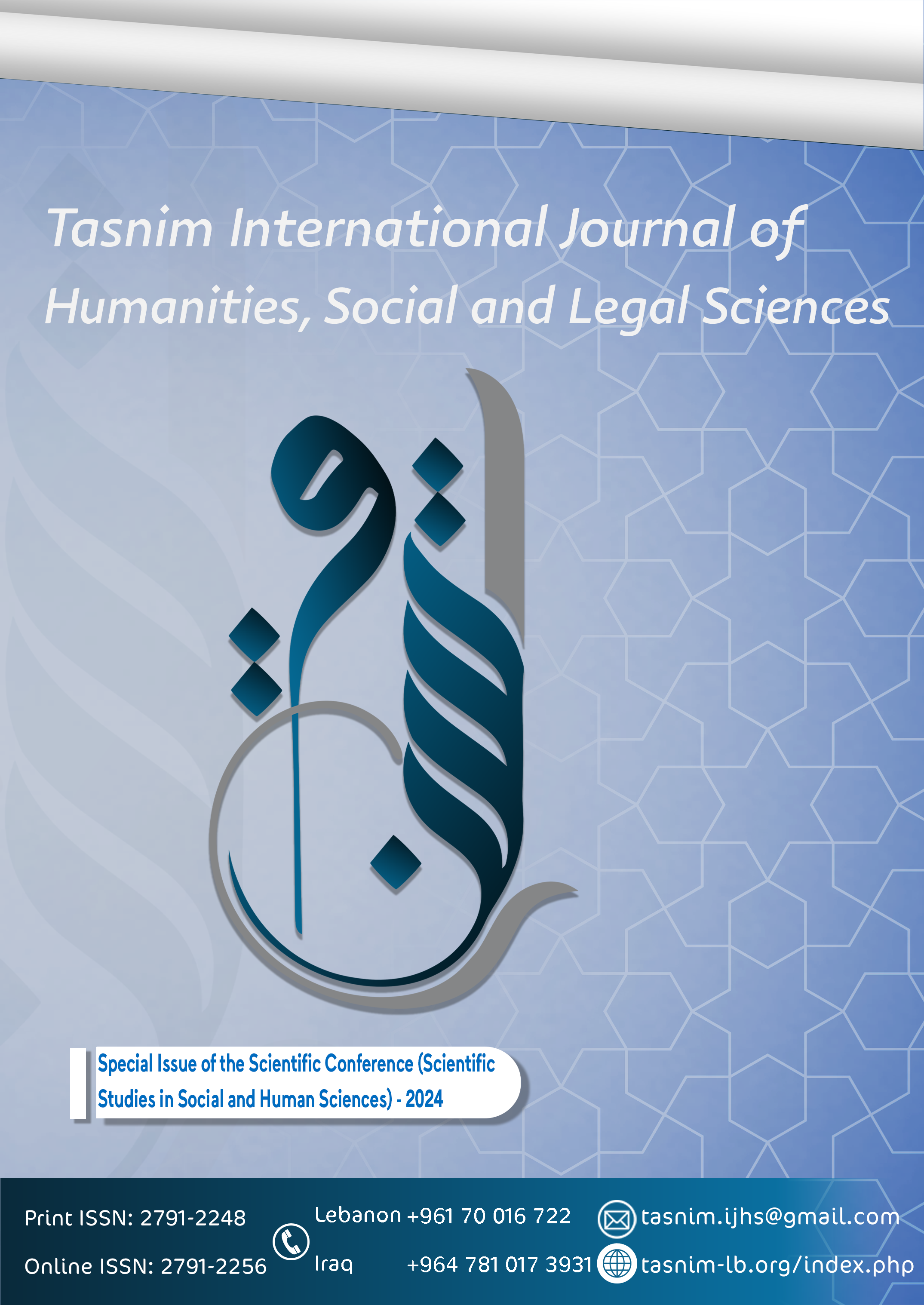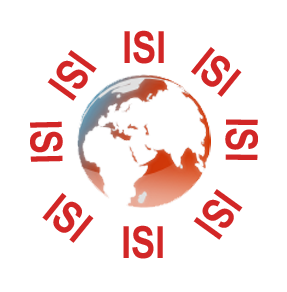English Language Teachers' Intelligence-based Classroom Management Styles in the Light of the Situational Leadership Theory: General Directorate of Education in Baghdad (Al-Rusafa 1) as a Model
DOI:
https://doi.org/10.56924/tasnim.s2.2024/11Keywords:
styles, intelligences, English language, situational leadershipAbstract
The aim of this study is to identify the level of applying intelligence-based classroom management styles by English language teachers in the light of the situational leadership theory from their viewpoints and also to identify the significance of the statistical differences between the mean scores of the target group members according to the variables of (gender, years of service in education and their academic achievement). The researchers use the analytical descriptive approach and a questionnaire to achieve the aims of the study. The questionnaire consists of (40) items distributed into four styles (A1- guidance, A2 - training, A3 - support, A4 - authorization). The whole population includes (655) male and female teachers of English and the study sample includes (100) male and female teachers; (50) males and (50) females from the General Directorate of Education of Baghdad, Al-Rusafa 1. It is found out that styles (A1 and A3: guidance and support) are statistically significant in the mean score of the sample; i.e., English language teachers have a high level of class management by guiding and supporting their students whereas the statistical significance of styles (A2 and A4) goes to the hypothetical mean score, i.e. the two styles of training and authorization are weakly applied by those teachers. The researchers recommend the Ministry of Education and the General Directorate of Curricula to take into consideration embedding the curricula with various activities that focus on empowering learners' mental capabilities in order to acquire practical skills suitable for their life.
Downloads

Downloads
Published
How to Cite
Issue
Section
License
Copyright (c) 2024 Tasnim International Journal for Human, Social and Legal Sciences

This work is licensed under a Creative Commons Attribution-NonCommercial-NoDerivatives 4.0 International License.





